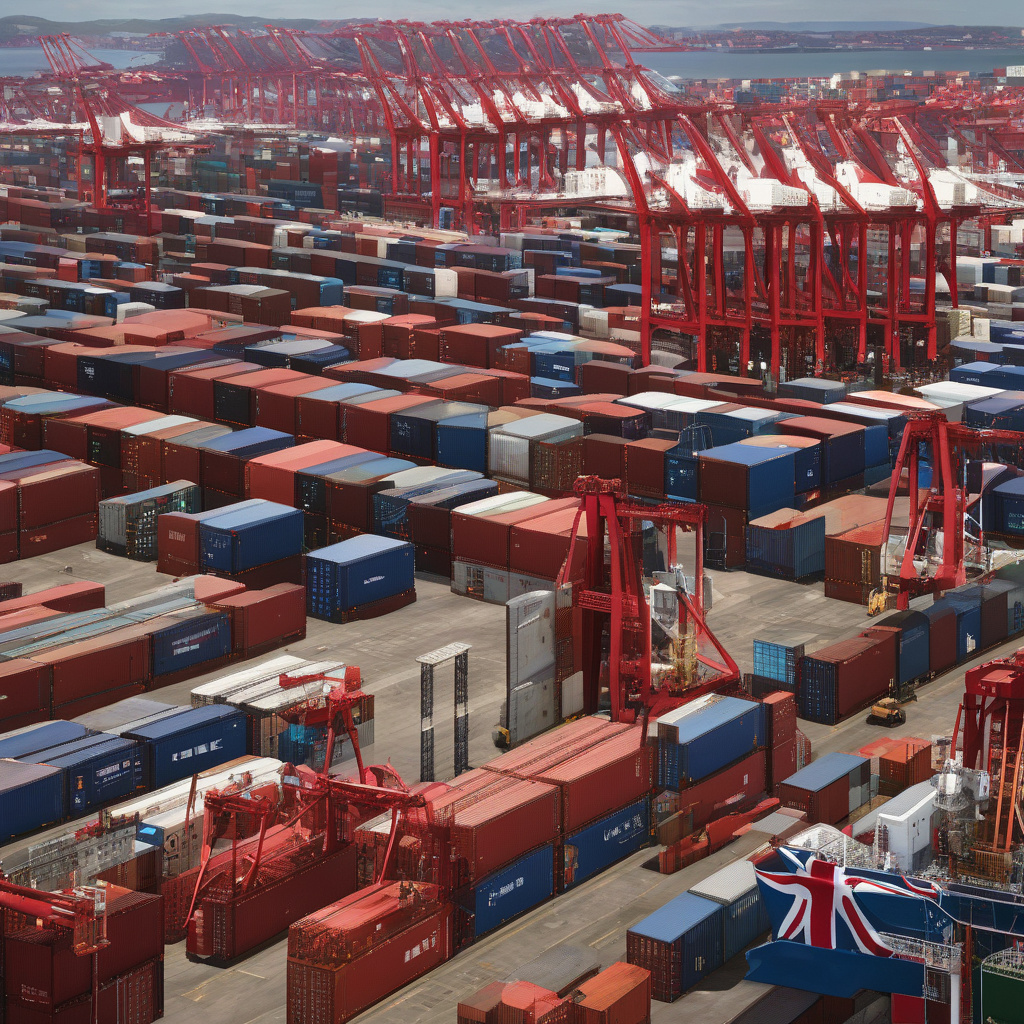UK Imports from China Reach Record High Despite Tariffs and Challenges
Despite facing tariffs and market challenges, UK imports from China have reached an all-time high, surging by 5.4% to GBP £70.8 billion in the year leading up to Q1 2025. This significant increase underscores the resilience of trade between the two nations, showcasing the enduring strength of their economic partnership.
The surge in imports from China comes amidst a backdrop of global economic uncertainty, with ongoing trade tensions and geopolitical shifts reshaping the landscape of international commerce. Despite these headwinds, the UK’s reliance on Chinese goods continues to grow, demonstrating the integral role that China plays in the British economy.
One of the key drivers behind this increase in imports is the competitive pricing and diverse range of products that China offers. From consumer electronics and textiles to machinery and industrial equipment, Chinese goods are known for their affordability and quality, making them highly attractive to UK businesses and consumers alike.
Furthermore, the rise of e-commerce has made it easier than ever for UK consumers to access a wide array of Chinese products with just a few clicks. Platforms like Alibaba, AliExpress, and Wish have become go-to destinations for shoppers looking for everything from fashion and electronics to home goods and accessories, further fueling the demand for Chinese imports.
Despite the benefits of increased trade, the ongoing tariffs between the UK and China have presented challenges for businesses on both sides. Tariffs can drive up the cost of imports, leading to higher prices for consumers and reduced profit margins for businesses. In the face of these obstacles, companies have had to navigate complex trade regulations and supply chain disruptions to ensure the smooth flow of goods between the two countries.
To mitigate the impact of tariffs and other trade barriers, businesses are increasingly turning to strategies such as diversifying their sourcing channels, renegotiating contracts, and leveraging technology to streamline their operations. By adopting a proactive approach to managing trade risks, companies can better position themselves to weather economic uncertainties and maintain a competitive edge in the global marketplace.
Looking ahead, the trajectory of UK-China trade will continue to be influenced by a range of factors, including geopolitical developments, regulatory changes, and consumer trends. As both countries adapt to a rapidly evolving economic landscape, the resilience and flexibility of their trade relationship will be put to the test.
In conclusion, the record-high imports from China to the UK underscore the deep-seated ties between the two economies and the enduring strength of their trade partnership. Despite facing tariffs and market challenges, businesses on both sides have shown remarkable resilience in navigating the complexities of international trade, demonstrating the importance of adaptability and innovation in today’s global economy.
#UKimports, #China, #tariffs, #trade, #economy
